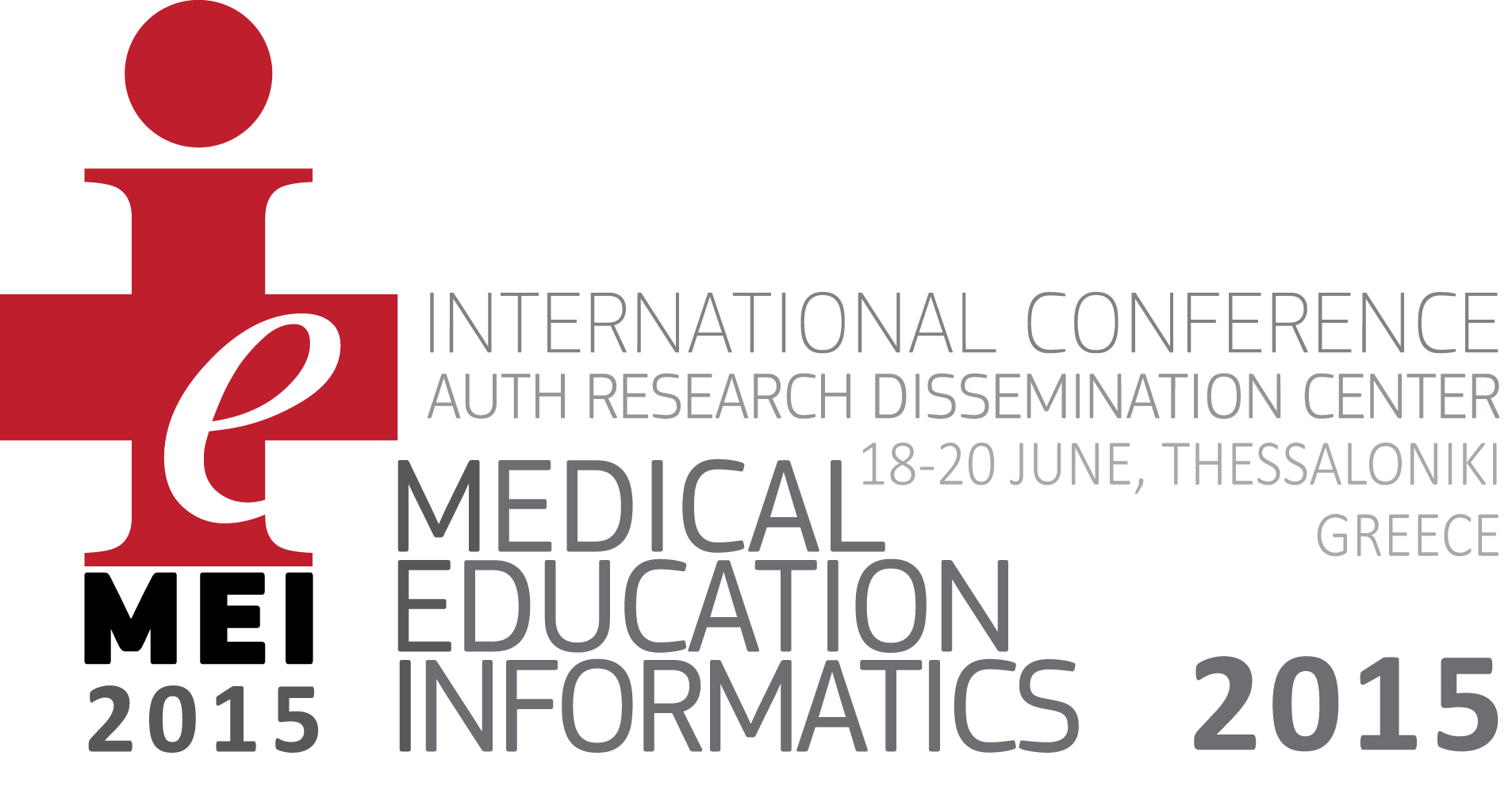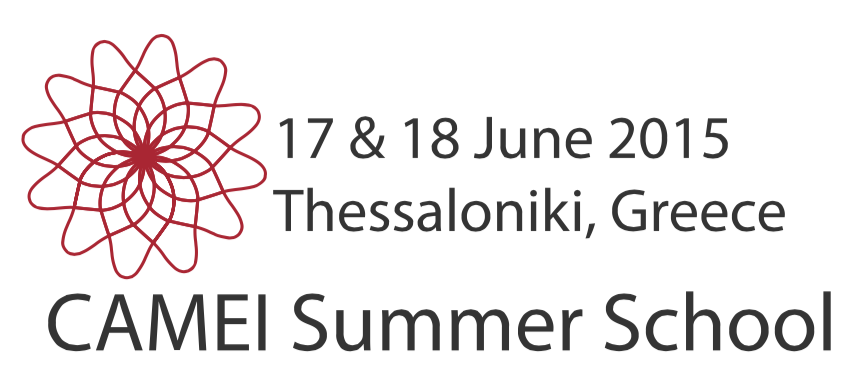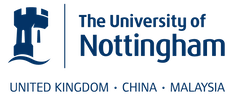You are here
Home › Implementing a Flipped Classroom in Hellenic Open UniversityImplementing a Flipped Classroom in Hellenic Open University
Abstract:
Background:
One of the four modules of Health Care Management MSc of Hellenic Open University (HOU) is “Health Care Services/ Hospitals: Peculiarities and Challenges (DMY51)”, that covers Health and Social Policy, Structure and function of the Hellenic Health System and healthcare services, Ethical and deontological dimensions of Health, and Quality in healthcare services. The basic teaching method is distance education with five Contact Sessions (CS) held at weekends aiming to face-to-face communication between students and tutors. Actually, distance learning in HOU is a blended/ hybrid method that combines both online and face-to-face class time in a structured manner. During CS, tutors major duty is to prepare students for their assignments, and to help them understand the course material, being so the content expert who provides crucial information through direct lecture. However this traditional way of teaching does not bring together student interests and readiness; it does not provide critical thinking skills and also it does not give the chance for enrichment and retention. Students often feel small interest out of lecture and since they frequently have to travel to attend it and since CS attendance is voluntary, many students often decide not to attend it.
Objective:
Having in mind that student must take an active role during CS by participation and evaluation, we decided to flip our DMY51 classroom this year in many ways: we prepared video lectures, and slide presentations with annotations, and questions and we posted these materials on the e-study portal for students to access before the CS. Then during the CS students worked on exercises, and questions about their assignment, and after it we posted the whole work as a feedback. We also arranged a number of virtual classes that offer students the opportunity to get questions answered and receive help with their assignments. All meeting sessions were recorded for playback at a later time. In addition, since some textbooks were outdated, and due to the economy crisis in Greece no money was available to replace them we decided to write some notes available for free on the e-study portal.
Method:
To assess the students’ perception of the effectiveness of the flipped class, students were administered a 5-point Likert scale questionnaire about their experience and interest to the flipped classroom, and also four open-ended questions concerning advantages, disadvantages and improvements of the flipped learning.
Results and conclusions:
Compared to the traditional methods, students reported higher interest levels, and more interaction between students, and between students and tutor in flipped classroom. In addition the grades of written assignments showed improvement, and the number of participants in CS was increased.
Session
Friday, 19 June, 2015 - 14:45 to 16:15


















